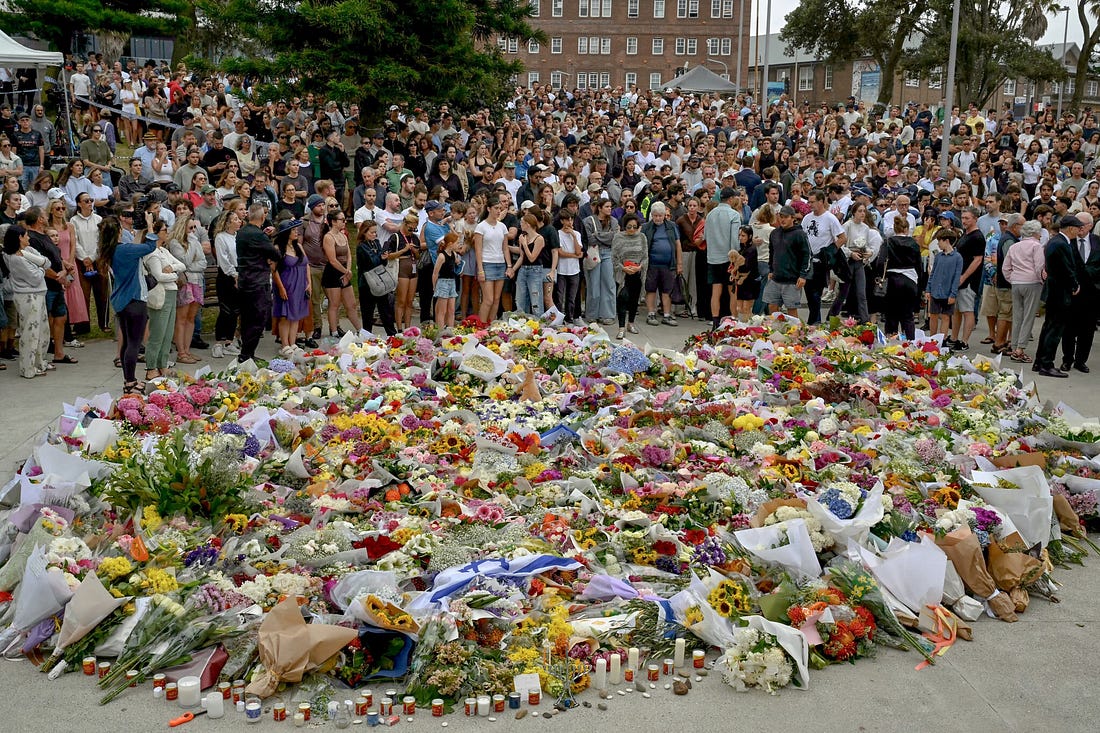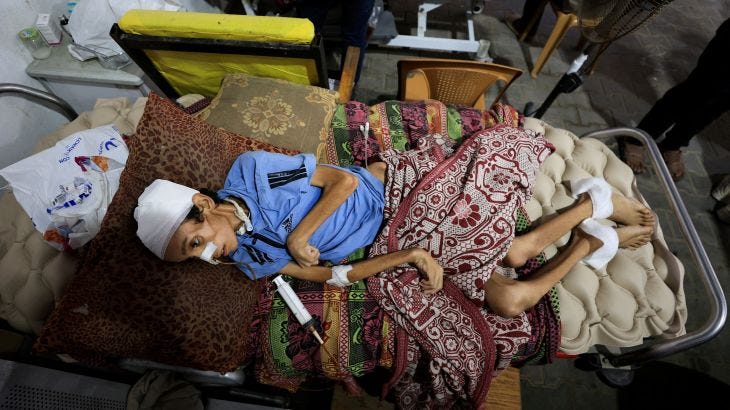The US? On the precipice of Disaster and Ruin. What Does the Future Hold?
From Navdeep Singh
12-16-25
2018: Trump decides to punish China from accessing US semi-conductors. Instead of folding, capitulating and surrendering like Japan did in 1985 and ruined their economy for decades, China doubles down with intransigence. China starves the real estate industry, popping the emerging real estate bubble; equities-IPOs-stock market collapses. Prices for equites plummet by 66%; prices for houses collapse 33%. Hell, even the Chinese birth rate has collapsed, from 18 million births a year in 2018 to 9 million births in 2025.
China orders all the state-owned banks to plough everything into industry, industrial supply chains,with the goal of making the country entirely self-sufficient for every aspect of material production, productive forces and industrial supply chains. Every regional and large municipal area changes course, mountains move on a dime, so-to-speak. Everything has become and is becoming further de-westernized, so it can control every aspect of production.
Meanwhile, the US suddenly wants to de-Sinophie their own supply chains, making big claims to build their own rare earth industry, chemical compound and pharmaceutical industry, shipping industry, aluminum industry. But these processes take decades and trillions of dollars. Meanwhile, government debt is at record highs, budget deficits are at 6% of GDP (now roughly $2 trillion a year). How are they going to do this? Especially when most big US firms are much more concerned about stock buybacks and dividends, speculation and the casino economy. Economic growth iin the US is entirely dependent on artificial asset inflation and the leveraging of the same. The market cap of the US firms is twice as big as US GDP. So if equity prices collapse, here comes a big recession. So, once again, how are they going to do this?? Print the money? Or will the stock market and real estate market collapse, like it did in China? No US policy maker wants to see a 33% drop in real estate and 66% drop in equities.
The interesting thing is these sectors did collapse in China, but it was no big deal for them, as a societal whole. Chinese households own their own home (90%), most of them debt free, without mortgages; they don’t pay real estate taxes to the state for the homes they own. Chinese households accumulate much more personal savings than US families, and it’s not even close. The economic storms were weathered.
China now has a trillion dollar trade surplus, even as 80% of its economy is entirely domestic. 87% of the cars made by Chinese firms are sold in..China. Their biggest trader is no longer the US or EU. It’s the countries of ASEAN. Which, with 700 million residents, has a bigger population than North America and the EU combined.
30 years ago, China graduated 350,000 university students a year. Now it’s 12 million university graduates a year, and half of these are in STEM-engineering-math, physics. 20 years ago, nobody wanted to buy a BYD car. Now, Chinese cars are vastly superior and cheaper than US and EU and Japanese cars, in every way. Ask the CEO of Ford. It’s not by some magic slight-of-hand. BYD employs 120,000 scientists and engineers in R&D alone. Tesla’s entire workforce is 80,000.
How did Silicon Valley emerge? From largely Chinese and Indian immigrant engineers. Go to Google and Meta and take a look at the workforce. There’s a a reason why Google makes Chinese and Indian meals at their canteens, every week. Immigrants are no longer welcome here, especially brown-Black-“yellow” ones; explosive racism-xenophobia-bigotry is on the rise. It’s no longer affordable to live in the US, even for professionals on six-figure salaries. One more thing about the Bay Area: 80% of new tech startups now use Chinese LLMs. Not only is it much cheaper, they can modify them as needed.
There are all sorts of serious planning happening in China, not just codified in the Five-Year Plans. Made in China 2025 was promulgated in 2015, focusing on upgrading manufacturing capabilities, reducing reliance on foreign technologies, and fostering home-grown innovation, including localization of supply chains. China Standards 2035 is about setting the global technical standards that will define global standards for decades (ie, surpassing the US0. Made in China 2025 laid the groundwork for technical innovation in China, with a very strong domestic focus. Global Standards 2035 aims to set global industry rules, especially in the Global South.
Semi-conductor self-reliance and de-coupling are still works-in-progress. The “Big Fund” represents the multiple decade like plan to create a wholly separate and independent Chinese production of the most advanced microprocessors. We have already reached the 3rd stage, with all the infrastructure in place, including new funding ($50 billion), whereby companies like Huawei will surpass NVidea in a few years. There are more or less peer competitors at this point, strictly through Chinese work-arounds.
The Made-in-China 2025 program has largely met its targets. China computing is now world class, with massive technical applications for industry. Chinese EVs now dominate (Ford just took a $19 billion hit, exiting the EV sector altogether!), accounting for 58% EV of sales in 2023. Rapid rollout of 5G was a huge success, rolling out 4.2 million 5G bases (60% of global totals). All these technologies are applied to industry, healthcare, education. Made in China 2025 focused on advanced IT, automated machine tools and robotics, aerospace equipment, maritime equipment and high-tech shipping, modern rail transport, new energy vehicles, power equipment, agricultural equipment, biotech and pharmaceuticals.
China Standards 2035 focuses on global cooperation and influence, to create international best-practices, predicated on developing new innovations in technologies and externalizing them, through the Belt-and-Road Initiative, to the Global South, shaping how automation AI ethics, quantum computing, and machine learning are deployed on a worldwide basis. China envisions becoming the worldwide tech power by 2049, the 100th anniversary of the People’s Republic of China.













